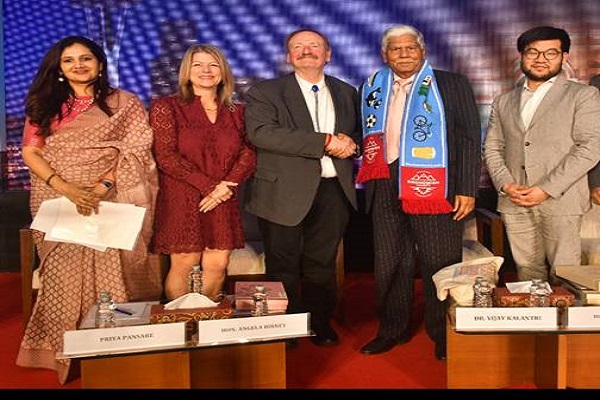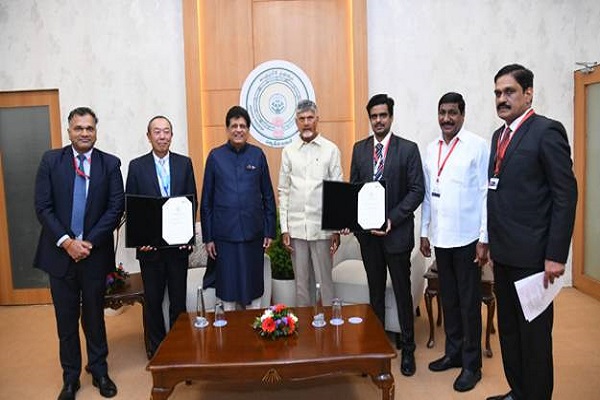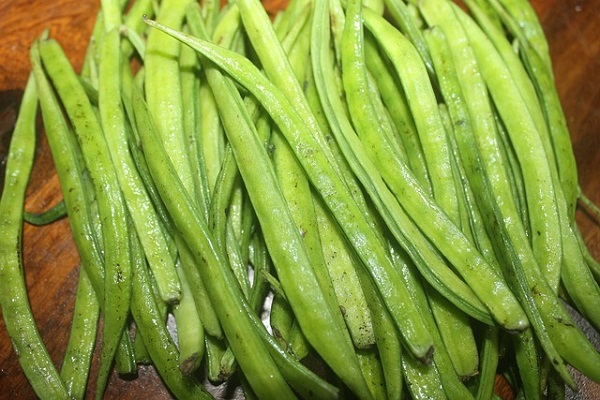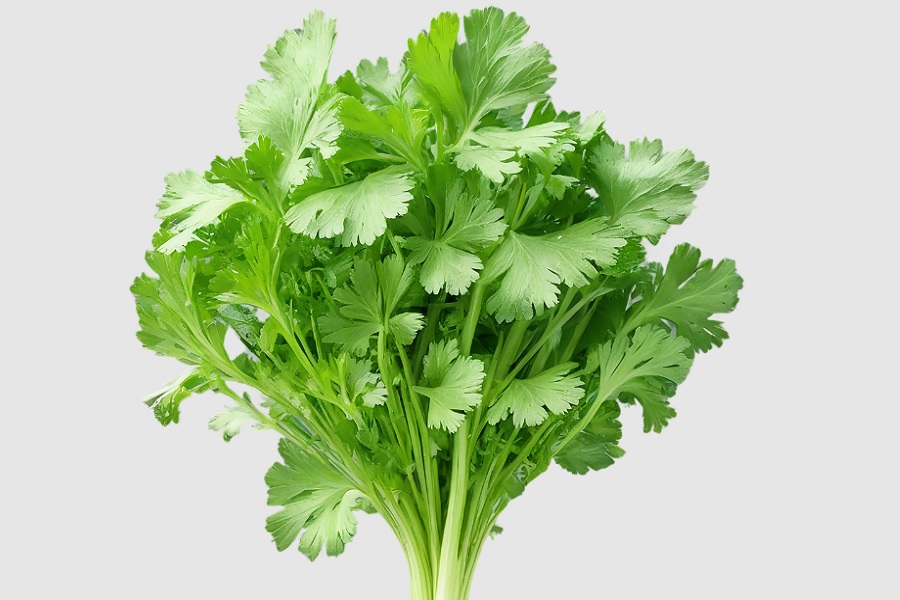Indian agri scientists complete genome sequencing of pomegranate
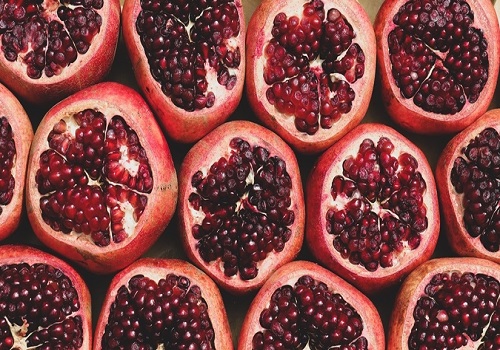
A team of Indian agricultural scientists, after six years work, have completed the genome sequencing of the country's pomegranate cv.Bhagawa.
The team belonging to the Indian Council for Agriculture Research's (ICAR) National Research Centre on Promegranate (NRCP) at Maharashtra's Solapur have been able to identify all the bases of DNA material in perfect sequence.
This will unlock the several genetic mysteries such as identifying particular genes responsible for sweetness, seed softness or colour of the fruit, those responsible for disease and pest resistance, and those for the enlargement of the fruit size, among others, said a statement from ICAR-NRCP.
The team involved in this landmark research comprised Dr N.V. Singh, Dr P. Roopa Sowjanya, Dr Shilpa Parashuram, Dr P.G. Patil, and Dr R.A. Marathe, all at ICAR-NRCP, Solapur.
The reference-quality genome assembly of the 'Bhagawa' is a huge reservoir of publicly accessible genomic resources for pomegranate researchers across the globe.
It will provide a great impetus to the pomegranate improvement programme in India.
These genomic resources will assist the pomegranate genetic improvement programmes of different research organisations including ICAR-NRCP through genomics assisted trait mapping, breeding and genome editing applications to develop improved varieties with resistance/tolerance to biotic and abiotic stresses.
The genome sequencing experiment was executed at Nucleome Informatics, a Hyderabad based genomics lab.
Nucleome is also developing an Indian population based genomics chip for inherited retinal diseases under the Indo-Korean Project.
"Even as India has ramped up production in recent years and has bee n a world leader in pomegranate production with a 50 per cent contribution to global production, India's domestic capacity as well as export potential has still remained largely unrealised. This has been due to an assortment of reasons including the limited availability of genomic resources and molecular information about this highly remunerative crop," ICAR-NRCP Director, Dr Marathe, said.
Being a high value crop, until now, due to lack of resistant pomegranate varieties against major pests and diseases, there has been very high dependence on chemical pesticides for managing biotic stresses.
"However, now that we have managed to sequence the whole genome of this fruit, this will open up incredible avenues for vastly improving yield, growing much better and safer varieties for human nutritional need, and all this at much faster rate," Marathe said.
"This is an example of public private partnership in genomics research. With the availability of skilled genomics experts and advanced genomics technologies Scientists can develop genomes and discover useful genes in crops faster," said Dushyant Singh Baghel, CEO, Nucleome.



